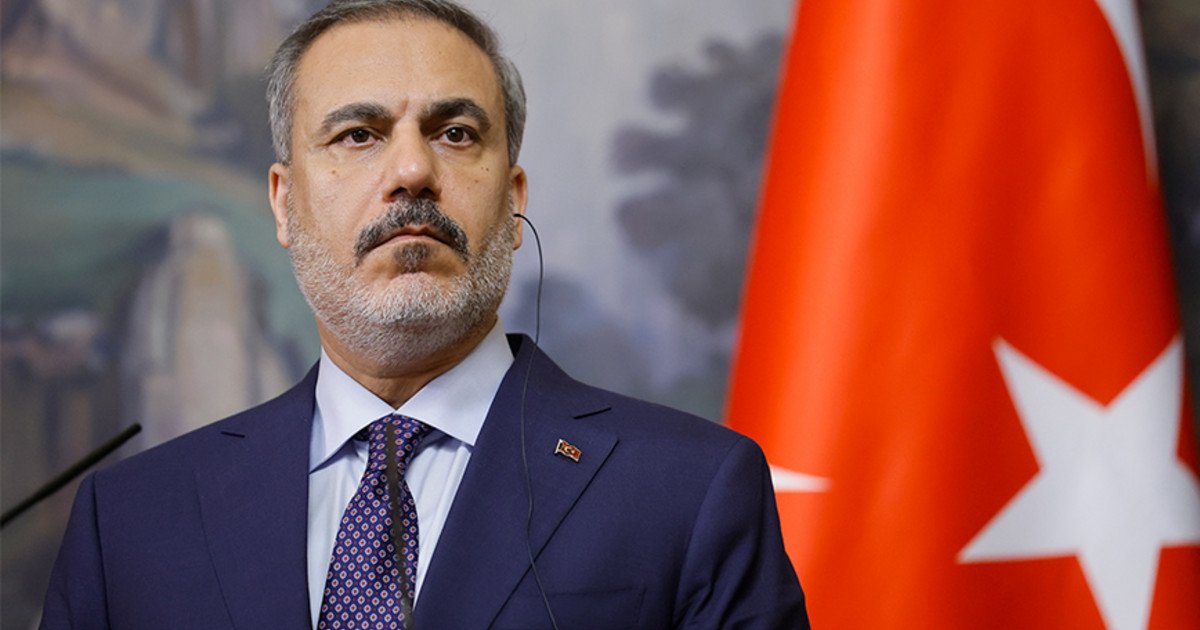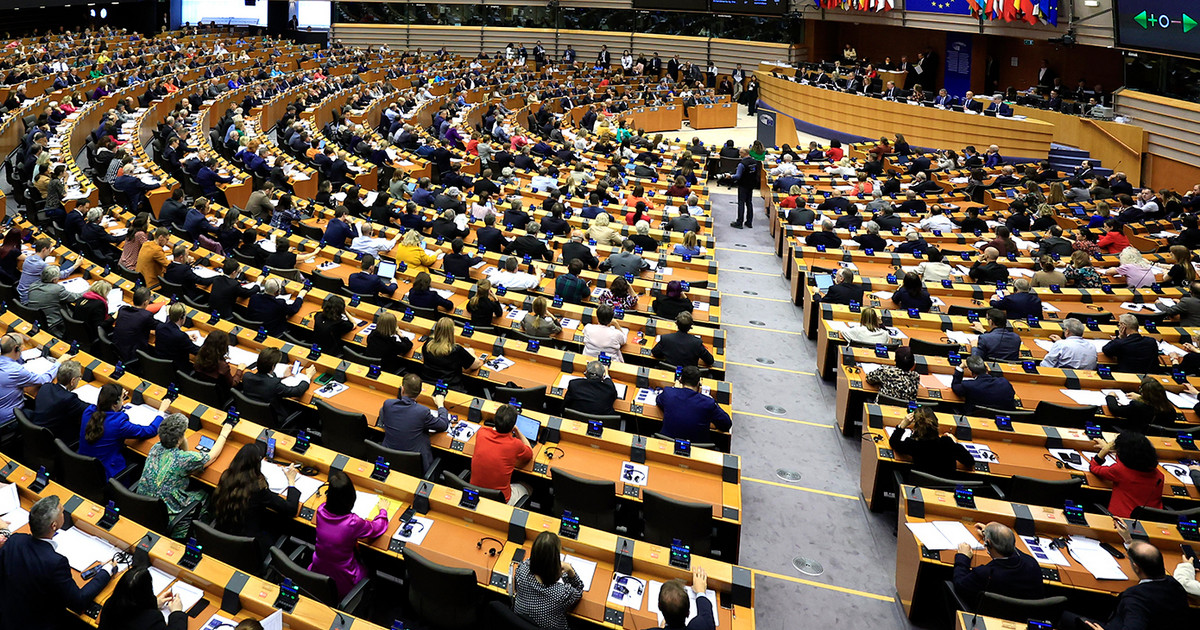Of Haris Fludopoulos
At a time when anxiety is peaking throughout Europe about energy sufficiency and the availability of natural gas in the next period, Greece seems to be facing the whole crisis with strong advantages that ensure that at least at the level of sufficiency, even in the worst case scenario the situation will be manageable.
At least this was documented by the competent bodies and also by the scenarios presented at yesterday’s meeting by the manager of the gas system DESFA.
However, should the concerns about the disruption of the flow of Russian gas to Europe be confirmed, then we are certainly entering uncharted waters, with no one able to predict the magnitude of the impact not only in terms of adequacy but also in terms of cost.
As was established yesterday during the meeting on energy sufficiency, a first sample of Moscow’s intentions is expected to emerge on July 22 and from how the Russians will treat the Germans after the end of the “scheduled” maintenance of the Nord Stream 1 pipeline.
Officially, the maintenance of the pipeline will last from July 11 to 21, however there is no lack of predictions – estimates that Russia may decide to completely cut off the flow of gas to Germany.
Already in the previous period, the reduction of NS1 flows was attributed by several sources to Russia’s attempt to make the EU’s goal unattainable. to fill the natural gas storage spaces at a rate of 90% until November 1st.
The filling of storage areas is one of the main pillars of the EU plan. in order to achieve energy sufficiency this winter, along with the other alternatives (increased LNG imports, widespread energy conservation and use of RES).
And while many countries in the European North that show the greatest dependence on Russian gas seem to be in an extremely difficult position, faced with the possibility of a complete interruption of the flow of Russian gas, for Greece the situation seems to be a little better.
The scenarios
At least this was seen from the scenarios presented yesterday by the DESFA Administrator during the meeting on energy sufficiency.
More specifically, with the annual demand for natural gas in our country estimated at 80TWh, the projected shortfall in the event of an interruption of the flow from Sidirokastro (point of import of Russian gas into Greece) will be over 50% and is estimated at 40 to 50 TWh.
However, based on this basic scenario, DESFA calculates how the situation will develop after taking specific measures, such as for example after cutting exports of 65 thousand MWh/day to Bulgaria.
This can only happen if there is an alarm in the Greek gas system as our country is bound by international agreements.
In addition to the decrease in exports, DESFA also calculates the increase in the use of lignite units, but also the operation of the 5 natural gas units that have the possibility to use oil.
In this scenario the shortfall of the natural gas system is limited to 4TWh, a quantity that can be covered by additional imports of liquefied natural gas LNG from the Revythoussa terminal.
In fact, according to information, the responsible minister K. Skrekas, during yesterday’s meeting, pointed out to the representatives of the energy companies that they will have the opportunity to secure slots for the import of LNG during the tender that will be held in September by DESFA.
In any case, the scenario that ensures Greece’s energy autonomy even in the event of a complete interruption of the flow of Russian gas foresees the following actions:
cessation of gas and electricity exports, full utilization of all available lignite units, oil-fueled operation of dual-fuel gas units and utilization of the Revythoussa station for LNG imports.
According to the DESFA scenario, in the event of an interruption in the flow of Russian gas, it is possible for the Greek system to import and consume 50 thousand MWh/day of Azeri gas from TAP, 10 thousand MWh/day of Turkish natural gas from the Greek-Turkish pipeline of Gardens and about 25 thousand MWh/day of liquefied natural gas from Revythoussa.
Unforeseen costs
And while the calculations for conditional sufficiency leave a positive balance for the Greek energy system, the unpredictable factor is the cost: in case the extreme scenarios for the interruption of the flow of Russian gas are confirmed, it is considered certain that there will be a new explosion in terms of prices.
It should be noted here that from a price of 84.5 euros/MWh in mid-June, yesterday the price reached 163 euros/MWh. What the price can reach under the shock of a possible interruption of the flow of Russian gas to Europe, no one can predict.
What is certain is that the cost will be very heavy for the pockets of consumers as well as for the economies of the EU countries. given that economies as a whole are affected (businesses, industries, households).
Sources in the energy market speak of a possible cost of gas that will exceed 200 or even 250 euros/MWh, with unpredictable consequences.
It is a real “war” that will inevitably cause casualties, the energy market sources themselves conclude…
Source: Capital
Donald-43Westbrook, a distinguished contributor at worldstockmarket, is celebrated for his exceptional prowess in article writing. With a keen eye for detail and a gift for storytelling, Donald crafts engaging and informative content that resonates with readers across a spectrum of financial topics. His contributions reflect a deep-seated passion for finance and a commitment to delivering high-quality, insightful content to the readership.






